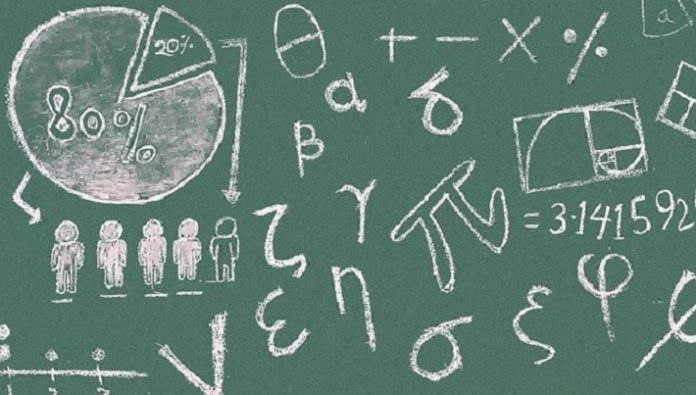Researchers recently studied the brain development of young children to determine whether boys are better at mathematics.
A persistent question has bothered parents and school teachers alike for many years. Are boys better at math? Even though women make up 50% of the United States population, the number of women studying math in college has gone down since 2014. There has long been a stereotype that girls simply are not as skilled at math as boys are.
Scientists from Carnegie Mellon University decided to study children’s brain development to answer the ‘are boys better at math’ question. The results of the study were published in the journal Science of Learning.
The researchers used functional magnetic resonance imaging (fMRI) to take pictures of the brains of children aged three to ten years old. The fMRI pictures were taken while the children watched mathematics videos, such as counting and addition. fMRI was used to measure brain activity in the children.
The researchers tested 104 children, aged three to ten in one of three different studies. During the first and second studies, participants watched a video of clips of different lengths from children’s educational programs.
The third study examined 43 three to five-year-old children and 20 adults. These participants listened to audio tracks of the alphabet or counting while watching cartoons for 20 minutes.
fMRI images were taken of the brains of the participants. Children under eight years old completed the Test of Early Mathematics Ability (TEMA) to measure their rate of math development.
The researchers compared the fMRI scans of boys and girls to determine their maturity and found there were no noticeable differences. Then they were compared to assess whether there were differences in neural processing based on gender. The researchers found no significant difference in neural processing between the genders, and the groups were not distinguished from each other.
In all statistical examinations of neural processing, the brains of boys and girls were found to be equivalent. This included brain activity while during mathematics. The researchers determined that the brain development of boys and girls was equal and did not depend on gender.
In a press release, study author, Dr. Jessica Cantlon said, “Science doesn’t align with folk beliefs. We see that children’s brains function similarly regardless of their gender so hopefully we can recalibrate expectations of what children can achieve in mathematics.”
First author of the study, Alyssa Kersey added, “It’s not just that boys and girls are using the math network in the same ways but that similarities were evident across the entire brain. This is an important reminder that humans are more similar to each other than we are different.”
The study results suggest that parents and teachers should not allow stereotypical thinking to affect their approach to teaching mathematics.
Written by Rebecca K. Blankenship, B.Sc.
References:
- Kersey A, Csumitta K, Cantlon J. Gender similarities in the brain during mathematics development. NPJ Sci Learn. 2019;4(1). doi:10.1038/s41539-019-0057-x
- National Center for Science and Engineering Statistics (NCSES): nsf.gov – US National Science Foundation (NSF). Nsf.gov. https://www.nsf.gov/statistics/2017/nsf17310/digest/fod-women/mathematics-and-statistics.cfm. Published 2019. Accessed November 8, 2019.
Image by Chuk Yong from Pixabay



